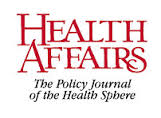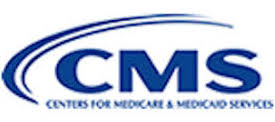Administration Ramps Up Scrutiny of Immigrants’ Use of Public Benefits
Immigrants’ sponsors could be more likely to be held financially responsible for the cost of public benefits those immigrants receive under a new memorandum issued by the White House.
 The requirement itself is not new; the purpose of the memorandum is to encourage federal agencies to enforce existing laws that state that, according to the memorandum,
The requirement itself is not new; the purpose of the memorandum is to encourage federal agencies to enforce existing laws that state that, according to the memorandum,
…when an alien applies for certain means-tested public benefits, the financial resources of the alien’s sponsor must be counted as part of the alien’s financial resources in determining both eligibility for the benefits and the amount of benefits that may be awarded. Financial sponsors who pledge to financially support the sponsored alien in the event the alien applies for or receives public benefits will be expected to fulfill their commitment under law.
Among the means-tested public benefits programs at which this new directive is aimed are Medicaid, the Supplemental Nutrition Assistance Program (SNAP, formerly food stamps), and Temporary Assistance for Needy Families (TANF).
While the law already requires agencies to enforce immigrants sponsors’ legal financial responsibilities, the White House memorandum notes that it is not being enforced and directs the federal agencies involved to review and update their enforcement procedures.
Enforcement of this directive could result in fewer people applying for and being found eligible to receive Medicaid. If this occurs, it could be especially harmful to Pennsylvania safety-net hospitals that serve large immigrant communities, potentially leaving them unpaid for care they provide to such patients.
Learn more from the administration’s “Memorandum on Enforcing the Legal Responsibilities of Sponsors of Aliens.”
 According to a new study from the Georgetown University Health Policy Institute’s Center for Children and Families,
According to a new study from the Georgetown University Health Policy Institute’s Center for Children and Families, SNAP was actively involved in
SNAP was actively involved in  According to PHC4,
According to PHC4, In California and Oregon, the state Medicaid programs are using care coordination and funding from multiple sources, including traditional Medicaid funding, alternative payment approaches, and savings from care coordination to provide services such as housing, food, and legal assistance while also building the capacity of health care and community groups to support such efforts. Both states obtained federal Medicaid waivers to enable them to expend Medicaid resources on non-Medicaid-covered services.
In California and Oregon, the state Medicaid programs are using care coordination and funding from multiple sources, including traditional Medicaid funding, alternative payment approaches, and savings from care coordination to provide services such as housing, food, and legal assistance while also building the capacity of health care and community groups to support such efforts. Both states obtained federal Medicaid waivers to enable them to expend Medicaid resources on non-Medicaid-covered services. According to a recent post on the CMS blog (in CMS’s own words),
According to a recent post on the CMS blog (in CMS’s own words), Among the possible alternatives to the current methodology for calculating inflation is the Chained Consumer Price Index for All Urban Consumers. The Obama administration also explored substituting this index for the current inflation factor.
Among the possible alternatives to the current methodology for calculating inflation is the Chained Consumer Price Index for All Urban Consumers. The Obama administration also explored substituting this index for the current inflation factor. The report consists of descriptions of the different types of supplemental Medicaid payments that states make to some providers, including:
The report consists of descriptions of the different types of supplemental Medicaid payments that states make to some providers, including: